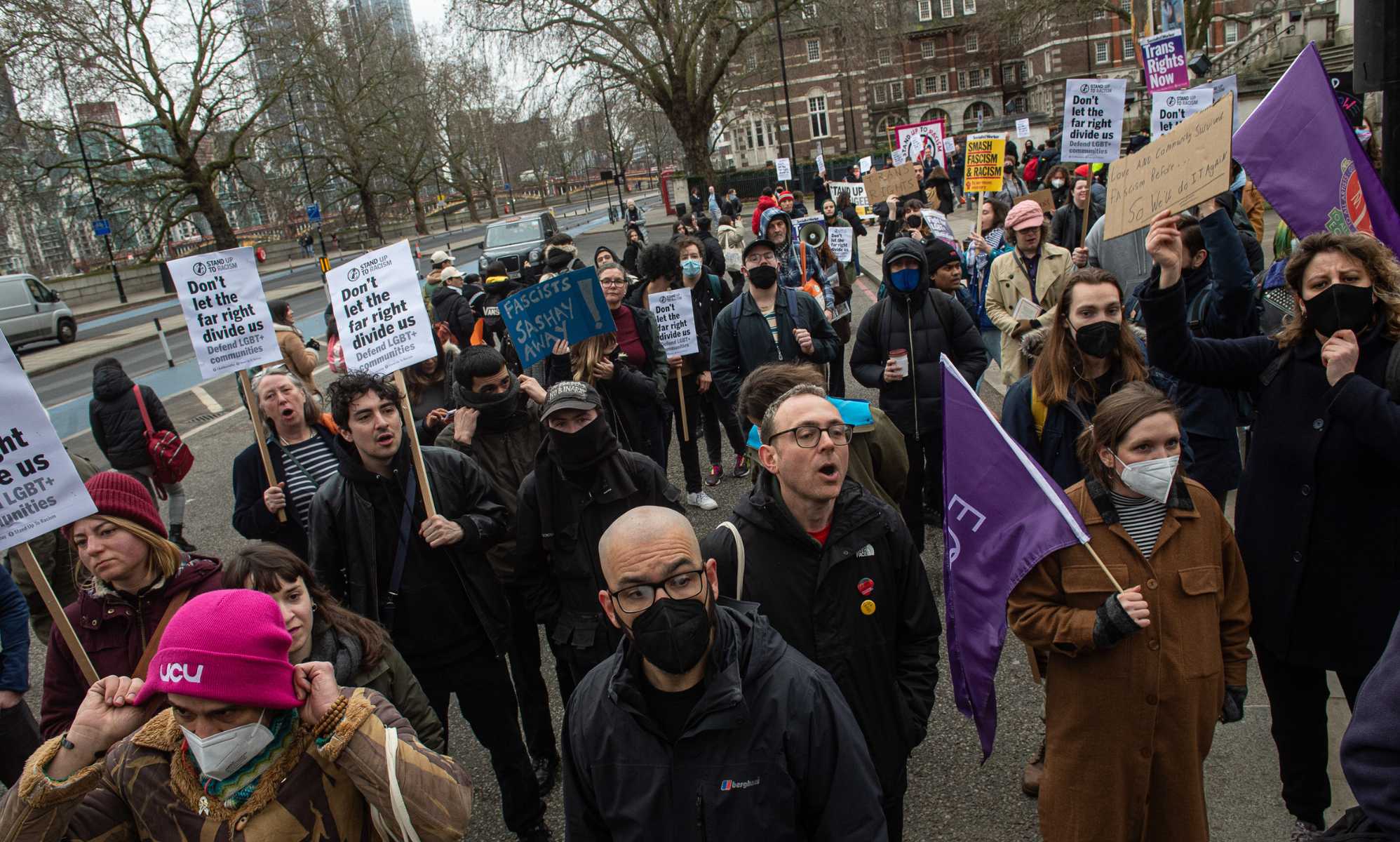Is Britain Really Over? A Deep Dive Into The Current State Of The Nation
As the sun sets on the British Empire, one might wonder if the phrase "Britain was over" holds any truth in today's context. The United Kingdom, once a global powerhouse, is now navigating through a myriad of challenges that prompt many to question its standing on the world stage. From economic uncertainties to political upheaval, the narrative surrounding Britain has evolved dramatically over the years. This article aims to explore these issues, shedding light on whether Britain is on the verge of decline or if it still holds significant value in the modern world.
In a time where change is the only constant, the perception of Britain's relevance has been a topic of debate. History has shown that nations go through cycles of rise and fall, but what does this mean for a country that was once considered the heart of the world? As we delve into the various aspects of Britain's current situation, we will seek to understand the implications of these developments on its future.
Through an analysis of historical events, current socio-political dynamics, and economic factors, we will unpack the complexities of Britain's identity today. Is it truly the end of an era, or just a transition into a new chapter? Join us as we explore the question: "Is Britain really over?"
What Historical Events Led to the Phrase "Britain Was Over"?
To understand the current sentiment surrounding Britain, we must first delve into its history. The phrase "Britain was over" often evokes reflections on pivotal moments that shaped the nation. These include:
- World War I and II: The toll of these global conflicts significantly weakened Britain's economic and military standing.
- The Decline of the Empire: The post-war period saw the dismantling of the British Empire, leading to a loss of influence.
- Economic Challenges: The 1970s oil crisis and subsequent economic turmoil created a lasting impact.
- Brexit: The 2016 referendum raised questions about Britain's place in the global landscape.
How Did Brexit Impact Britain's Global Standing?
One of the most significant events in recent British history is Brexit, the decision to leave the European Union. This choice has sparked debates about national sovereignty, economic stability, and international relations.
What Are the Economic Implications of Brexit?
Brexit has led to several economic implications that contribute to the sentiment of "Britain was over." Some of these include:
- Trade Barriers: Increased tariffs and trade restrictions may stifle economic growth.
- Investment Decline: Uncertainty has led to a decrease in foreign investments.
- Labor Market Challenges: The end of free movement has created labor shortages in various sectors.
Is Britain’s Political Landscape Contributing to Its Decline?
Political instability has become a hallmark of recent British governance, prompting questions about leadership and policy direction.
Who Are the Key Figures in Britain’s Political Scenario?
The political arena is filled with influential figures who have shaped the narrative of modern Britain. Some notable politicians include:
| Name | Position | Party | Term Start |
|---|---|---|---|
| Boris Johnson | Former Prime Minister | Conservative | July 2019 |
| Rishi Sunak | Current Prime Minister | Conservative | October 2022 |
| Keir Starmer | Leader of the Opposition | Labour | April 2020 |
How Is Public Sentiment Shaping Political Decisions?
Public opinion plays a crucial role in shaping policy decisions. The sentiment surrounding the idea that "Britain was over" can influence elections, referendums, and even government policies. Factors influencing public sentiment include:
- Media Representation: The way news outlets portray Britain can sway public opinion.
- Social Media: Platforms like Twitter and Facebook amplify voices and sentiments.
- Economic Conditions: Economic hardships often lead to dissatisfaction with political leadership.
What Is the Current State of Britain’s Economy?
The state of the economy is a pivotal factor in assessing whether "Britain was over." Economic indicators provide insights into the overall health of the nation.
Are There Signs of Economic Recovery?
Despite facing challenges, there are signs that Britain's economy might be rebounding. Key indicators to consider include:
- GDP Growth: Recent statistics may show a gradual increase in GDP.
- Unemployment Rates: A decrease in unemployment can indicate economic recovery.
- Consumer Confidence: Higher consumer spending often reflects economic optimism.
What Are the Future Prospects for Britain?
As we ponder the question "Is Britain really over?", it’s essential to consider the future. The prospects for Britain will depend on several factors:
- Political Stability: A stable government can lead to more favorable economic conditions.
- Global Relations: Strengthening ties with other nations can enhance trade opportunities.
- Innovation and Technology: Investing in technology can drive economic growth and job creation.
What Role Does Culture Play in Britain’s Identity?
Culture is a significant aspect of any nation’s identity. Britain boasts a rich cultural heritage that continues to influence the world.
How Is British Culture Resilient?
Despite the challenges faced, British culture remains vibrant and resilient. Key elements include:
- Literature: Renowned authors like Shakespeare and Dickens continue to inspire.
- Music: British music has shaped global trends with bands like The Beatles and Adele.
- Art: British artists have made significant contributions to the art world.
Can Culture Help Revitalize Britain’s Image?
Emphasizing cultural achievements can play a crucial role in revitalizing Britain's image. By promoting its cultural heritage, Britain can foster a sense of pride and unity among its citizens.
Conclusion: Is It Truly the End for Britain?
In conclusion, the phrase "Britain was over" encapsulates a complex narrative filled with challenges and opportunities. While the nation faces significant hurdles, there are also signs of resilience and potential for recovery. The future of Britain will depend on its ability to navigate political, economic, and cultural landscapes effectively. Ultimately, it is up to the people of Britain to determine their trajectory—whether to embrace the challenges ahead or succumb to the notion that "Britain was over." Only time will reveal the true answer.



ncG1vNJzZmixn6PAtr7IZqWeq6RjsLC5jq2pnqaUnruogY6bqaKskZ67bsPArGSorpWne6nAzKU%3D